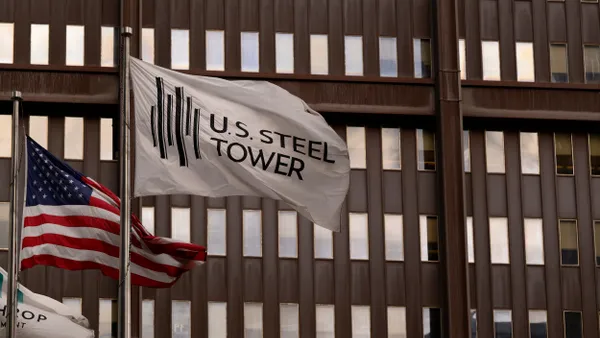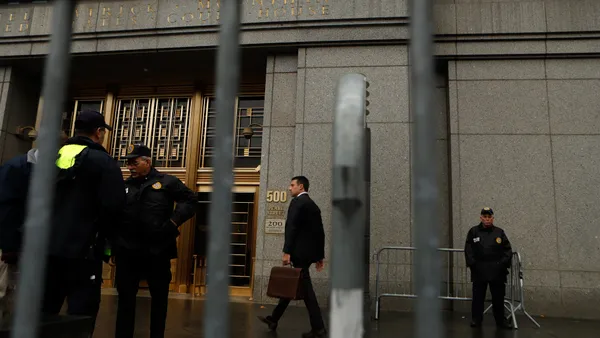Dive Brief:
- An employer's documentation of an employee's performance issues recently proved invaluable in defending a Family and Medical Leave Act (FMLA) interference suit (Williams v. G&K Services Inc., No. 18-15778 (9th Cir. May 20, 2019)).
- Brandy Williams had alleged she was fired based on negative performance reviews, which were, in part, based on protected absences. She also showed that less than three months had passed between her FMLA leave request and her firing. Williams' supervisor, however, had been documenting her performance issues since well before she requested FMLA leave; moreover, the documentation dealt with her tardiness to meetings, her failure to attend meetings and her lack of communication surrounding her availability — rather than her medical absences.
- A district court granted summary judgment for the employer, and the 9th U.S. Circuit Court of Appeals affirmed. The supervisor "consistently distinguished between Williams's performance issues and medical needs and there is no basis to infer that [the supervisor] relied on anything other than Williams's' performance issues in terminating her," the appeals court said. Additionally, the employer showed that Williams' department was overstaffed, that her two peers had more experience and didn't have performance issues and that it never replaced her.
Dive Insight:
Good documentation plays an important role in defending claims. It's worth noting that, in this case, the court was persuaded by the employer's observation that the worker's performance issues were documented well before she requested FMLA leave and clearly seemed to stem from other factors. When maintained properly, documentation can be key to an employer's defense, Allison West of Employment Practices Specialists said during a recent Society for Human Resource Management conference.
The employer in this case also successfully distinguished between protected and unprotected absences, demonstrating why it's important for workers to follow policies for reporting protected absences. An employee is obligated to follow the employer's usual and customary call-in procedures for reporting an FMLA absence unless prevented to do so by an emergency, Jeff Nowak, a shareholder at Littler Mendelson, previously previously told HR Dive.
All employers should have a call-in policy, Nowak said. And at a minimum, the policy should specify when the employee should report an absence, to whom they should report the absence, and what the content of the call should be, Nowak says.
When it comes to enforcement of policy, a DOL official has said that manager training and open communication are key. Speaking at a conference last year, Helen Applewhaite, branch chief, branch of FMLA and other acts at the U.S. Department of Labor's Wage and Hour Division, said compliance problems often involve managers who haven't received training.












